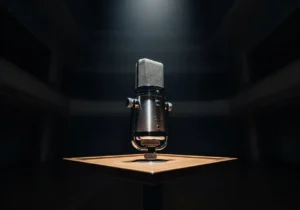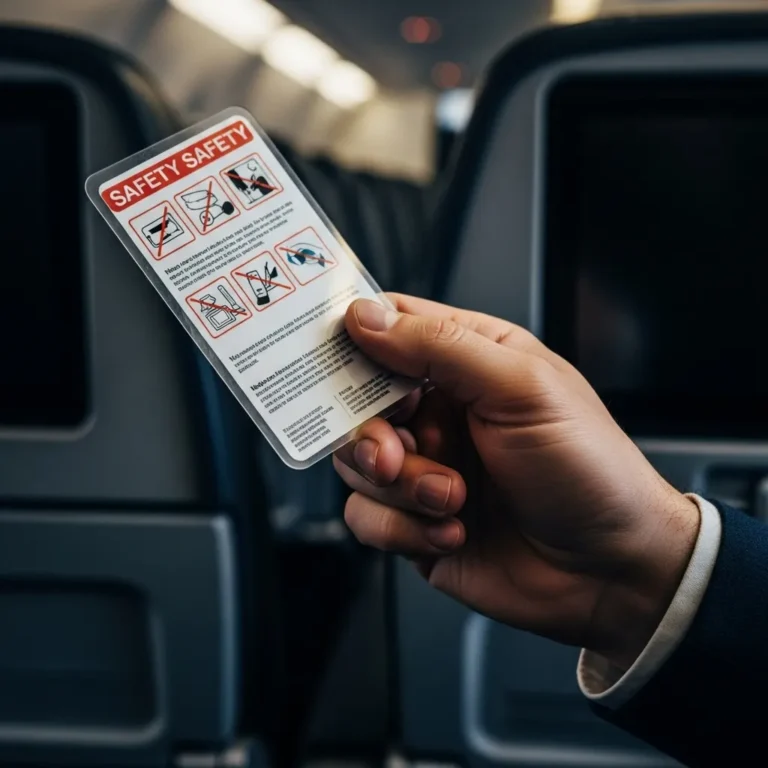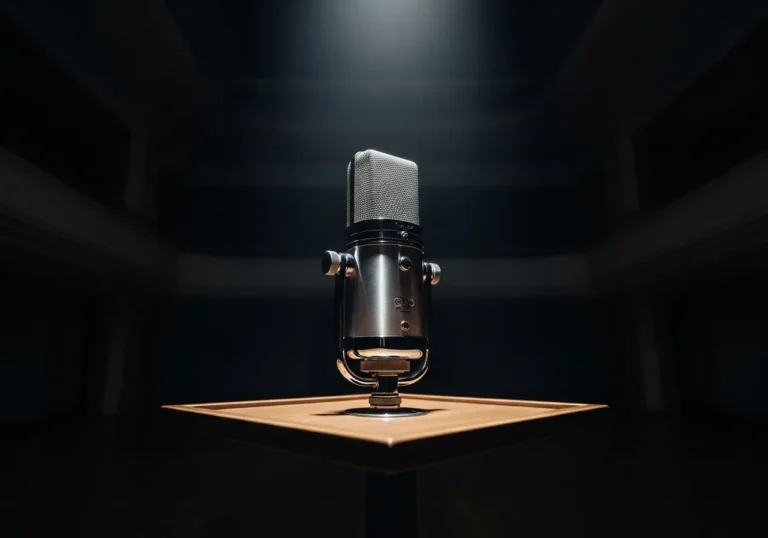
Being stopped by the police is never a pleasant situation. Things can quickly escalate to something much more than the initial reason you were pulled over for. To prevent unnecessary drama, it is essential that you know what your rights are in these situations. For instance, did you know that you have the right not to answer certain questions addressed by the police?
Here’s are some examples:
Past arrests
If you are pulled by police and asked about any prior arrests, you have the right to not answer this question, based on the Fifth Amendment. No one can force you to talk about any of your past arrests (if any).
In case you are inquired by the police on this matter, you can simply say “I choose to remain silent,” or “I am declining to answer”.
(Visited 359,303 times, 1 visits today)
56,416












34 thoughts on “Pulled Over By The Police? Never Answer These 12 Questions”
Some of these recommendations will get the police to investigate further and, hence, keep you stopped longer for creating suspicion. If it is your plan to get your content and likes for YouTube and want to risk being pulled out of a car for further investigation, then by all means refuse to answer simple questions such as “where are you coming from” and “where are you going” if you’re stopped late at night or between 1-4am.
Just don’t be a pain and don’t make yourself seem suspicious by trying to play Perry Mason and the stop may result in just a warning and be only a few minutes. Otherwise, according to Michigan State Police, 15 minutes is considered a reasonable amount of time for a traffic stop that does NOT require further investigation. Be difficult or argue, and you’ll be there for a lot longer…
I am an ex-police officer…usually, questions police ask you are required by law for you to answer,
like “Driver’s License and registration, please.” If you refuse to show a driver’s license, you will receive a ticket for no driver’s license. IF you do not have any identification, you will go to jail and have your car towed, especially if you were to receive a ticket; police need to verify identification for the ticket.
Usually, when the officer approaches the driver, it is very prudent to say “Yes Sir or No Sir” to the officer. Your positive attitude could mean the difference between receiving a ticket OR a warning to be safer. When I stopped a motorist, I usually had it my mind that I was either giving a warning about what the driver did, or giving a ticket. A lot of times, a positive attitude will change his mind.
Stay safe!
Unfortunately every officer doesn’t go by the rules.
1993, I was coming from the gym on my way home, 12 midnight and arrived at an intersection the same time the officers and they cut their headlights off, as soon as I pulls off they pulled me over, never told me as to why they pulled me over, I comply and cooperated in everything they said and guess what, I was in back of their car while the other officer illegally searched me and my car, my glovebox and trunk, never asked me did I have any drugs or weapons in my car, so of he didn’t find anything and came back to his car.
I’m still sitting in back of their car and they were searching really hard to find something on me yet I didn’t have ANY outstanding tickets or warrants, squeaky clean record.
I was back there for 45 minutes and this what they found, the last letter of my license plate was an E but my tab was placed on the bottom of the letter and they said that they thought it was an F, so they wrote me a ticket for “Obscured license plate”
I challenged the ticket however it got dismissed because the officers didn’t show to court
Affirmative, I was stopped by law enforcement for exceeding the speed limit. Throughout the interaction, I maintained a respectful and composed demeanor, ultimately receiving a warning. It is understood that law enforcement officials have a duty to uphold, and it is advisable to cooperate, even when one believes they are not at fault. The option to contest the citation remains available.
The only thing you should say is “I’ll be glad to answer all your questions but first I have to have a lawyer.” You’ll might get the usual BS like “I can’t help you if you ask for a lawyer” but stick to that.
If you have nothing to hide, following this advise could cause you more trouble than answering.
If you have nothing to hide, why not comply with the officer? Your answers merely raise suspicion. It seems you would only give your answers if you are afraid they will find something illegal. You say nothing about treating the officer with respect, being polite and not defensive. I’ve been stopped and I find that is your best defense.
In most cases I think exercising all of these rights will just make the officer suspicious and angry. He will get belligerent and write tickets for stuff you didn’t even do. Might even put you in cuffs and haul you downtown.
If the officer asks if the address on your driver’s license is current or correct and you refuse to answer, it can escalate to you not having a valid DL. Operating a motor vehicle is a privilege, not a right, and your DL must have correct information to be valid.
Stupid answers. Answering simple questions are not interrogations. A simple traffic stop can get serious if you refuse to answer simple questions. First question- do you know why I am stopping you. Response – probably going over the speed limit vs I refuse to answer. Guess who gets ticket
It doesn’t say refuse to answer that, it says to ask the officer to explain why you were stopped.
Instead you can say: I do not know, can you explain?
If you are uncooperative and fail to answer most of these questions, you are more likely to be taken in. Cooperate and be truthful.
yes,Bob litwak thaat used to work,for the sterling club community center,in White plains NY,Not about sept 11 was a facist!
Very interesting subject. Now I know exactly what to say or do the next time I get stopped by a police or highway patrolmand.
The biggest lie ever accepted by the masses is, every body has to have a driver license that has plundered the traveling public for trillions over the past generations. This is a documented fact.
The only thing you should say is “I’ll be glad to answer all your questions but first I have to have a lawyer,” and be polite but stick to that, period, no matter what you’re told about that’s your right but I can’t help you then, etc. –PL
I bought a used car back in 2007. I was suddenly getting pulled over constantly. Unbeknownst to me, the previous owner had been a drug dealer with an arrest warrant out for him. One of the officers that pulled me over informed me of that. They would see the plates and pull me over. When I was told by DMV that I needed new plates, I had no problem getting new ones. Once I had new plates I was no longer getting pulled over.
I can see it now police will be arresting anyone who don’t answer their questions because they think they are court, jury and conviction all in one. Why do you publish this kind of crap to see a lot of innocent people get beat down and locked up, have you personally tested this out. Police don’t give a rats … about your rights or anyone else’s.
I’m sure there are some bad apples, but the vast majority of police officers do care about your rights. Too many people don’t understand what their rights, and the policeman’s responsibilities are. If you refuse to answer questions pertaining to your identity, whether you’re driving or walking down the road, you can be detailed for 48 hours to verify your identity. That is 100% legal. You should just be polite, answer any and all questions asked, and you will be just fine. Even if you don’t agree, or think you were targeted, you have the ability to fight the ticket, and/or file a complaint on the offending officer. Remember, you only get one life. Don’t throw it away over something stupid or because if your feelings.
So what you are saying is, give the police a hard time. Why be an asshole about it? 1) they probably already have your driving record pulled up before they come to your car so this is a honesty test. 2) If a person has been drinking or if the officer suspects they have been drinking, they could require you to go to a hospital for bloodwork to show you are fit to drive. 3) If a person suspects they should not be driving, THEY SHOULD NOT BE DRIVING. it goes on from there. Why does it bother you to be nice to police? Maybe they would be nice in return. Or is that too difficult for you to understand. Every confrontation with police that I have heard of starts with the driver being aggressive. Nuff Said
I saw a video where the driver just calmly repeated the phrase “I don’t answer questions” to every inquiry made by the officer, eventually he was just told to move along by a somewhat exasperated cop.
Well if Your deaf or mute You should stay silent or flip the bird…1st amendment freedom of speech…sign language or not…lol
If you cop an attitude, you will get a ticket, not a warning. You can be polite and reply with questions like “Is my tint illegal?” rather than the constant Fifth Amendment routine. The more you screw around, the longer the stop will take. If they suspect you of DUI/DWI, expect added tests, etc. If you refuse, demand a supervisor to extend the stop so you can become sober; you will lose your license and have a court date. This attitude of Us vs the Police is dividing the nation. If you think filming to get Hits on the Internet, just remember if you are a criminal, you will eventually be caught. Don’t do the crime if you can’t do the time.
First of all the only real legal reason the road pirate has to pull you over is if you are in comission or have committed a crime or endangering others on the highway OPEN as a matter of Right to the traveling public. Driving is a commercial term which means in commerce or being paid to be the the highway. All others are supposedly are in their private means of travel and are not subject to the states jurisdiction or authority. The road pirates should be riding heard on the commercial traffic for the safety of the traveling public. Bottom line is this, the DMV, DOT, Insurance companies and trucking industry is the biggest elaborate racketeering operation in the country that has been ripping off the traveling for billions if not trillions for generations all by design. Wake up people.
Although this info is interesting it seems fruitless considering we never seem to have rights regarding the police. I think most of us would feel it would be best to answer short answers. If we didn’t answer we would be pulled out of of vehicles, interrogated, and of course arrested. Thank you for bringing awareness to questions we don’t have to answer but seems to me this would definitely cause more pain than good. We all know even thought we may have rights police can make things appear anyway they wish to cover themselves for abusing their power.
You are just asking for trouble if you do half of these suggestions. I was recently pulled over. When the cop asked me if I knew how fast I was going I said no. He told me. I told him I was trying to get my dog from the front passenger seat into the back seat and was distracted. I didn’t argue with him or claim I wasn’t speeding. I said I was dumb and should have been paying better attention. He let me go.
This is simple. Give the cop your ID and any other information he asks for. Sovereign Citizen is NOT a thing – it is a lie based on something that was spoken about and never adopted. Don’t try it – you will go straight to jail. If they tell you to get out of the car – GET OUT. Do what you are told do NOT argue your case with the cop – that is what COURT is for. If you are polite and not screaming and cursing -things will go much smoother.
Half of what this says is wrong and will land you in more trouble.
If you are not doing anything wrong or have nothing to hide just cooperate with the police officer! Let’s get the respect for law enforcement back in this country!
BULLS**T……try answering like that next time you’re pulled over and you automatically set up a confrontational/adversarial situation with the cop, which can only end up with you being on the LOSING end!!
Great information to pass on to our young children specially my college son whom drives home from college occasionally.
Every time I get stopped by the police, they ask me for an ID. I have always thought it is because the police want to do a background check on me. Is this not standard procedure?
Good info to kniw